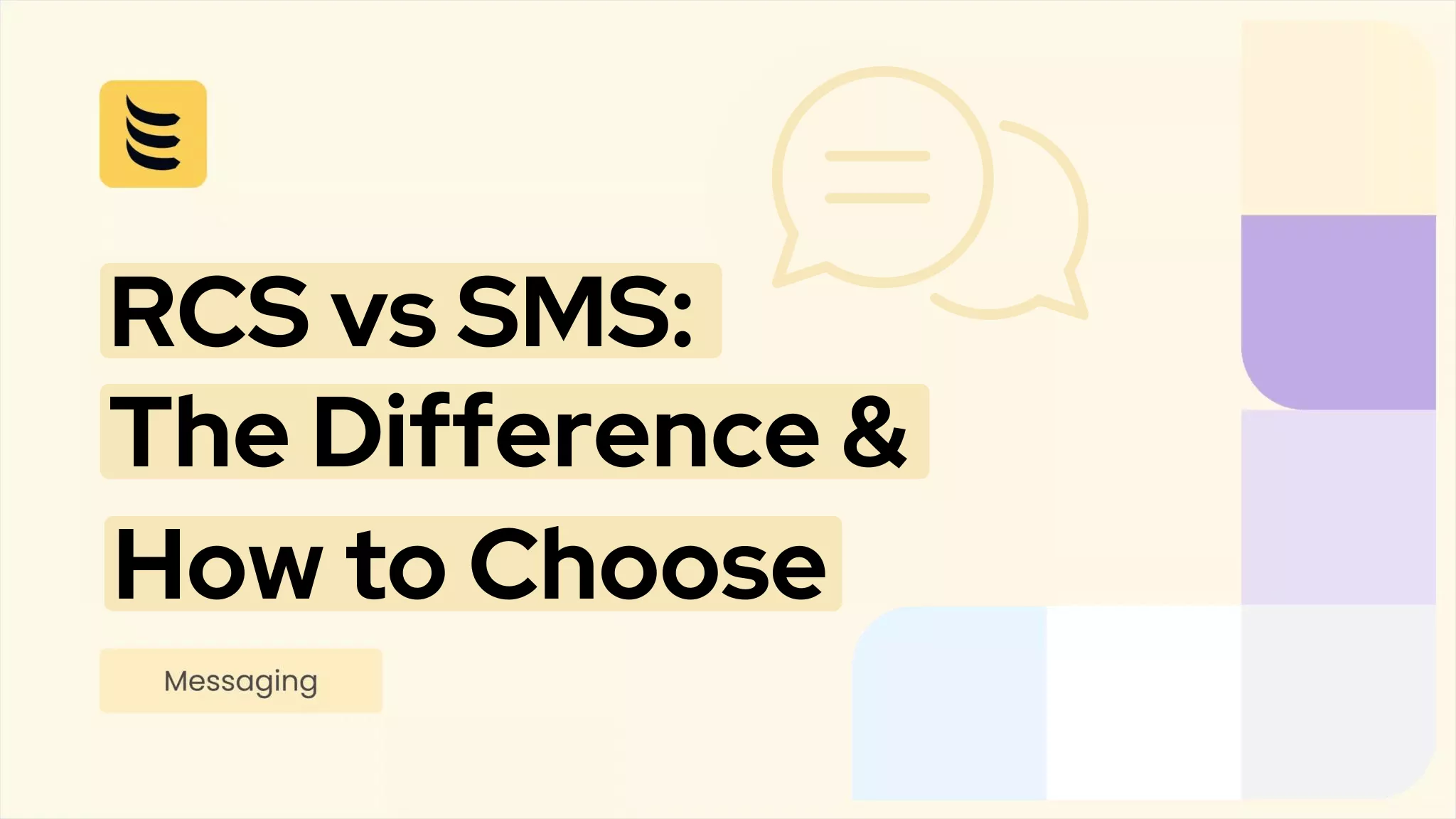Wholesale voice termination is a booming industry, reflecting the versatile solution it provides to businesses in ensuring reliable, high-quality and cost-effective communication. Supplying VoIP in this fashion by filtering it through tiers delivers international benefit to each part of the chain, from VoIP wholesale provider and resellers to the end customer.
The benefit of a tiered VoIP wholesale provider system
Buying time and connections between various countries, a tier 1 wholesaler is able to expand its reach globally and sell on these services. Carriers that handle the sending of calls locally and internationally tend to be larger organisations with their own extensive networks, while the tier that deals with voice termination, whereby calls are routed to the recipient, will be connected to, and lease part of their network from larger tiers and wholesalers.
For customers to receive reliable service with the best call quality, each provider, reseller and network needs to be robust, secure and must operate in a cost-effective fashion. Wholesalers within the process are able to buy in bulk more cheaply, then sell on the service at a viable rate while retaining a profit margin. Resellers of the service can pass on these savings to customers and profit can be fed back into each organisation to improve infrastructure, call quality and security.
Added value for the international VoIP wholesale provider
As a VoIP wholesale provider, buying in bulk allows for the expansion of the service internationally while reducing some of the less desirable issues that come with being a direct provider. Wholesalers don’t operate or manage networks and infrastructure, allowing them to focus on purchasing and cost-management.
Not having to develop the Tier 1 and 2 levels of infrastructure or concern themselves overly with complex compliance intricacies are two such aspects that benefit the wholesaler, freeing up revenue and time to spend elsewhere on the operation. Wholesale termination providers can reinvest their profits, keep their sell-on costs low and grow their businesses by driving sales and expanding their reach locally and internationally.
Enhancement for resellers
Each player in the process stands to benefit, including the provider, reseller and customer. The service provider can increase their purchasing power and volumes and sell more bandwidth to numerous intermediate buyers. Revenue generated as a result can be fed back to strengthen, expand and develop the service infrastructure that resellers operate.
Resellers of the service can collaborate with the providers to resell additional products and promote their brand in the process. Positive competition can be generated to enable providers to promote cost-effective VoIP termination rates bundled with additional features while offering a reliable, customer-orientated service themselves. With more customers turning to VoIP and the technology gaining in popularity, it’s more important than ever to ensure clients are happy and that the service provided is as good as it can be to attract new buyers and retain existing users.
Drives down tier 1 costs
Tier 1 carriers are typically the largest outfits in control of significant networks and infrastructure. They provide the routing for calls to any network without incurring additional charges and utilise a tariff-free arrangement with other carriers in tier 1 internationally. This enables the connection of wholesale providers, resellers and carriers across the globe to keep anyone connected at any time at a cost that is, while dependent on call volume, typically very competitive.
Even the smaller resellers and wholesalers are at an advantage in the VoIP market, allowing them to make use of the competition and to leverage an edge over competitors, such as through bundled services and brand promotion. This is because the market for wholesale voice termination continues to expand.
A cost-effective solution for customers
Individuals and businesses benefit from the wholesaler tiered system, with free communications to other VoIP services and significantly cheaper local and international calls. In addition to call charges, installing the service, while being able to scale the system up or down as required, are just two examples of the cost reduction and improved service routinely achieved through the implementation of VoIP.
Call centres, for example, can benefit from the versatility of VoIP. Setting up the physical space for numerous employees, each with their own phone and line, while increasing or decreasing the number of lines as required to cater for a reduction or expansion in business volumes is greatly simplified with VoIP technology.
Hundreds of calls that are placed locally and internationally will be cheaper, and the call quality better and more consistent than, for example, calls via mobiles or through PTSN services, resulting in reduced disruption for staff.
Costs are driven down by competition, and by bulk-purchasing and minimal expenditure on infrastructure and networks at the wholesaler level. The knock-on effect is international value, superior call quality, strong networks and secure software.




